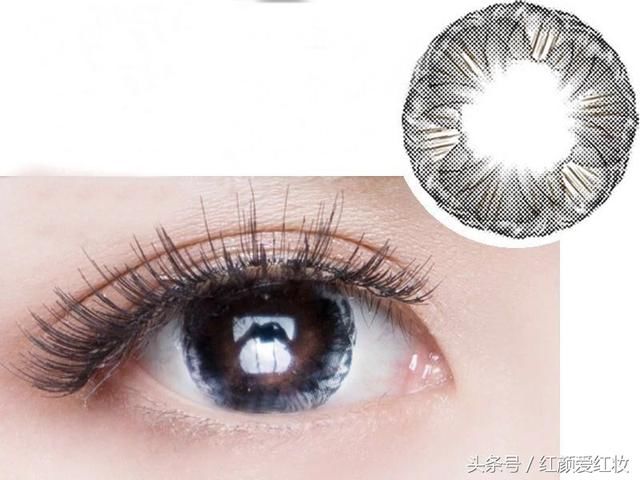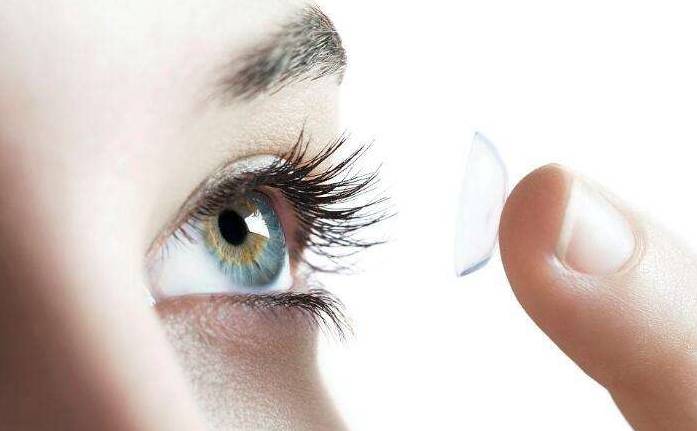As part of Ontario’s recycling program, local ophthalmologists are helping divert waste by collecting single-use contact lenses and their packaging.
The Bausch + Lomb ‘Every Contact Counts Recycling Program’ operated by TerraCycle recycles contact lens waste away from landfills.
“Programs like the Bausch + Lomb Every Contact Counts Recycling Program allow ophthalmologists to work within their communities and take an active role in protecting the environment beyond what local municipal recycling programs can provide,” Founder and CEO Tom Szaky says Teri is environmentally friendly.”By creating this recycling program, our goal is to provide an opportunity for the entire community to collect waste together with a national network of public drop-off locations, all in an effort to increase the amount of recycled contact lenses and their associated packaging, thereby reducing their impact on Landfill impact.”
Limestone Eye Care at 215 Princess Street is one of two local collection points for the recycling program.Dr. Justin Epstein said he jumped at the opportunity when he was invited to join the program in September 2019.
Bausch And Lomb Contacts
“I like the idea — what’s not to like?” Epstein said.”When it comes to the safety and prevention of contact lens-related eye disease, everyday items (disposables) are the answer. They pose the least risk of contact lens contamination because it’s the sterile lens in your eye every day.”
In the west end of the city, at 1260 Carmil Boulevard, Bayview Optometry recently enrolled in the B+L recycling program.
“We registered in March with the assistance of Bausch + Lomb, with Dr. Alyssa Misener as the initiator,” said Laura Ross, Canadian Certified Optometry Assistant (CCOA) and Contact Lens Procurement Specialist at Bayview Optometry.
“Clearly, the environmental impact of single-use contact lenses is considerable and we want to do our part to not cause problems; to make it easier for our patients (and those belonging to other clinics) to dispose of their Contact lenses.”
Both optometry offices say their patients are often concerned about the environmental impact of daily-disposable contact lenses.
“Without a recycling program, these plastics end up in the bin,” Epstein said.“Even if patients try to recycle their contact lenses, Kingston Municipal Recycling does not currently offer contact lens recycling. Due to the size of contact lenses and their packaging, these materials are sorted in recycling facilities and go directly into the waste stream, increasing the amount of waste in Canadian landfills.”
In addition, the recycling program helps keep contact lenses out of municipal wastewater, as a significant number of single-use contact lens users flush their lenses down the sink or toilet, Ross explained other benefits of the program.
“Most people seem to be throwing away their used lenses, either in the litter box or down the toilet, which ends up in our waterways,” she shared.
With the assets that everyday lenses boast, it’s easy to see why the number of disposable lens users continues to grow – hence the need for recycling services.
Advantages of daily-disposable lenses include no solution or storage, better eye health, and the option to wear contact lenses or glasses on any given day, according to Ross.Epstein shared that new technologies in contact lens materials offer “more comfort, better vision, and healthier eyes than ever before.”
“As a result, patients who had failed contacts in the past are now finding solace, and the number of contact lens users is growing every day,” he said.
Despite the higher cost than changing lenses every month or every two weeks, more than half of Bayview Optometry’s contact lens wearers use the daily-disposable style, Rose added, due to the convenience and benefits of this style, she said.
Both optometry offices welcome anyone using everyday items to participate in the recycling program, no matter where they purchased their lenses.The program accepts all brands of lenses and packaging materials, except cardboard.
Bausch And Lomb Contacts
Epstein said patients often ask what happens to products after they enter the take-back program.”Once received, the contact lenses and blister packs are sorted and cleaned,” he shared.”The metal layers of the blister pack are individually recycled, while the lenses and plastic parts of the blister pack are melted down into plastic that can be reshaped to make new products such as benches, picnic tables and play equipment.”
Contact lens wearers can drop off their used lenses and packaging at Limestone Eye Care at 215 Princess Street and Bayview Optometry at 1260 Carmil Boulevard.
Kingston’s 100% independent locally owned online news site.Find out what’s happening, where to eat, what to do and what to see in Kingston, Ontario, Canada.
Copyright © 2022 Kingstonist News – 100% local independent news from Kingston, Ontario.all rights reserved.
Post time: Jul-30-2022




